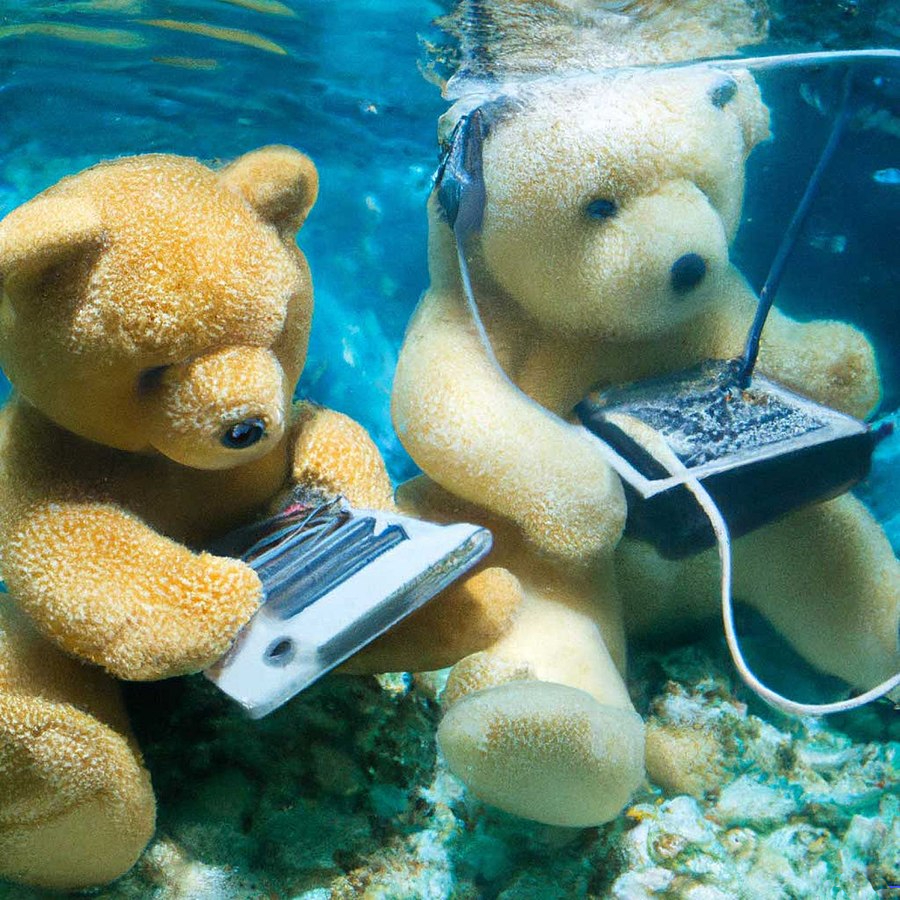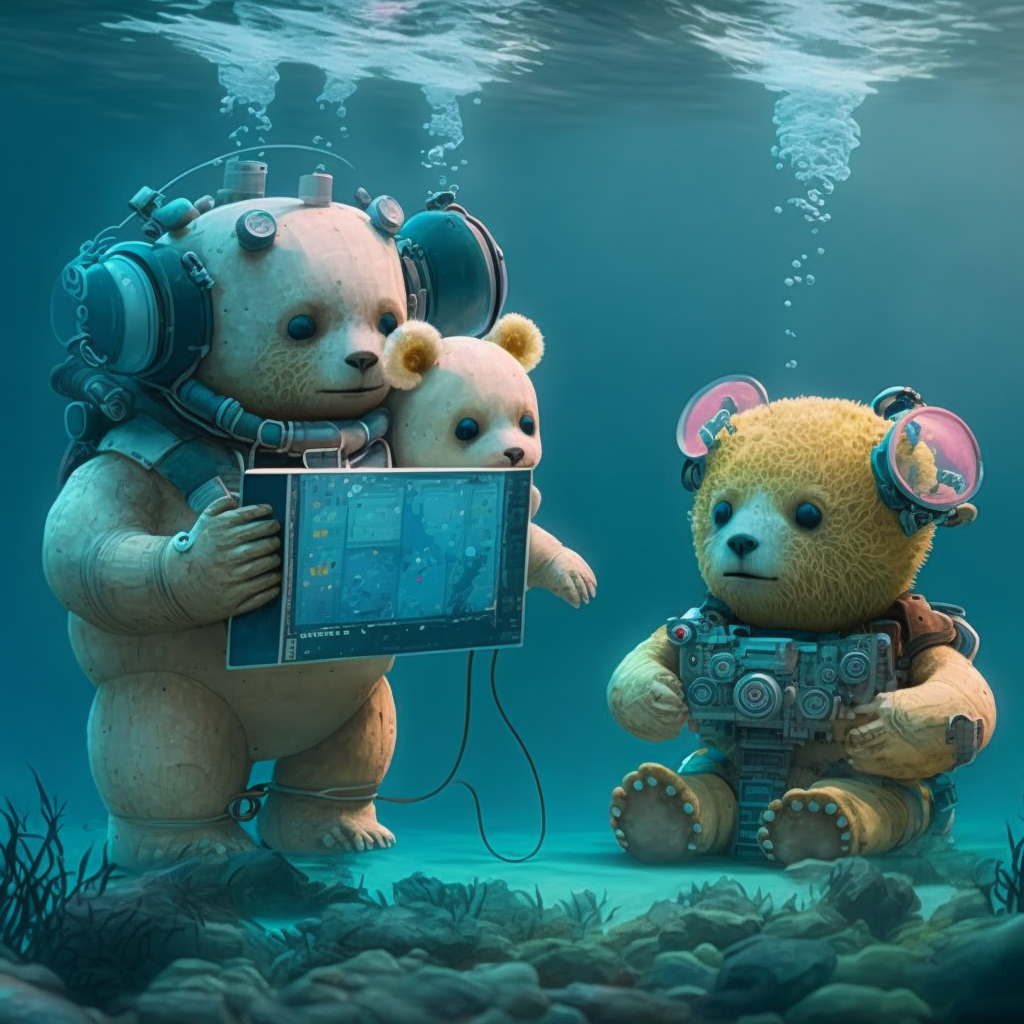The Default Of Culture Is Free
So artificial intelligence got pretty good recently, huh? Specifically, it improved quite a bit at creating things, the field of Generative AI. This newfound ability of generative art has sparked a range of hostile responses, some of which I think are fairly well-founded and all of which I think are worth discussing. After all, creative endeavors are perhaps our most emotionally guarded skillset as an intelligent species. The current mimicry of large generative models forces us to reconsider the very nature of culture and the things that generate it.

2021 was the year of the low-resolution vaguely-recognizable GAN image generators and GPT3. They weren't terrible, but they also were clearly limited. Remember when DALL-E 1 was impressive? Well, how quickly times change.
2022 was the year of Stable Diffusion, Midjourney, and many more tools that allowed widespread public access to models that could generate far better AI art than had been previously seen. This rapid improvement has continued into 2023.

Culture As A Domain
One aspect of generative AI that I think makes us uncomfortable is its framing of culture as a domain, i.e. a set of all possible outputs from an algorithm. That is not to say the idea of the cultural domain is completely alien to us - often, upon seeing a new painting, we might compare it to existing output by saying something wanky like "the sky is very Van Gogh" or "it's got a Monet sort of feeling". But it is one thing to place a work within this domain - it is another thing to have that landscape, or a version of it, laid out in front of you. It can be somewhat disheartening to feel as if your work is merely placing a marker upon a fixed landscape of variables, and not the creation of something truly new.
What do we lose when we perceive culture as a continuous domain upon which a near-infinite number of artistic works can be explored? For one thing, such a lens does not permit (or at least encourage) curation. When any articulable thought can be quickly synthesized into a mimicry of creativity, we inevitably end up with a lot of artifacts that no human would have ever bothered to create. There's a reason why nobody bothered making a version of Goodfellas where everyone is played by Muppets - because the required effort is not really worth the output. At least, the required effort used to be not worth it.
However, it is important to recognize that the lens of the domain is not as restrictive as a first glance gives. We must remember, after all, that we have been growing this domain for all of recorded history, and that our ability to capture it with large models is still immature. The glory of consciousness is in its irreducibility to simpler probabilistic models. While AI may be able to add dimensions of its own to our cultural domain, I think we have a significant amount of surprises up our sleeves that no AI trained on all of our cultures would ever be able to predict.
Everything Is Property (but it doesn't have to be)
The civilization that we have built ourselves demands that we view everything within it as property to be commodified. This extends into our culture. Characters, chord progressions, extended universes, brands, institutions - each are traded as common objects amongst commercial enterprises. I think this demand is extraordinarily corrosive to the artistic spirit, though tragically necessary for the survival of that spirit in our current world. And that is the crux of what I am trying to say here: that the treatment of artistic expression as private property should be recognized as a necessary evil, not a natural state. The commodification of culture is driven by a need to survive within our current society, but we can see a shining city on the hill wherein humanity is free to pursue creativity and expression without that need, and in that world culture is free.
Much of the conversation around generative AI has been around how it will impact the lives of creative individuals, and make this struggle of survival even more perilous. In this regard, I truly hope that artistic communities can unite to claw back some of the captured economic value of generative AI, which effectively is making money from their collective work in constructing a domain. But one day, perhaps, we will wake in a world where such a struggle is not necessary, and on that day where we can melt our artistic outputs together into a gloriously unconstrained melting pot of beauty, I believe it is absolutely crucial that we remember that the default of culture is free.